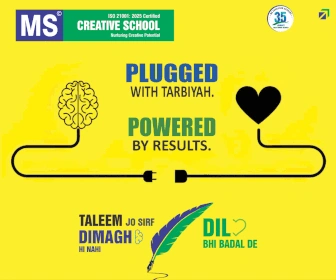
Abu Dhabi: The United Arab Emirates (UAE) leaders have ordered the release of 3,135 prisoners from correctional facilities in the country ahead of the Eid Al Adha festival.
This humanitarian gesture offers prisoners in UAE penal institutions a second chance at life and aims to bring joy to their loved ones during this sacred month.
President Sheikh Mohamed bin Zayed Al Nahyan, ordered the release of 963 prisoners.
Sheikh Mohammed bin Rashid Al Maktoum, Vice-President and Prime Minister of the UAE and Ruler of Dubai, has authorised the release of 985 prisoners.
Dr Sheikh Sultan bin Muhammad Al Qasimi, Supreme Council Member and Ruler of Sharjah, has ordered the release of 439 prisoners from correctional institutions.
Sheikh Saud bin Saqr Al Qasimi, Supreme Council Member and Ruler of Ras Al Khaimah, has ordered the release of 411 prisoners.
Sheikh Humaid bin Rashid Al Nuaimi, Supreme Council Member and Ruler of Ajman, has authorised the release of 225 prisoners from correctional facilities in Ajman.
Sheikh Hamad bin Mohammed Al Sharqi, Supreme Council Member and Ruler of Fujairah, has ordered the release of 112 prisoners of various nationalities.
The pardoned prisoners, selected based on good conduct and behaviour, represent diverse nationalities. It is customary for the rulers of the Emirates to grant pardons during significant Islamic occasions.
In addition, the UAE has announced paid holidays for public and private sector employees from 5 to 8 June, in observance of Arafah Day and Eid Al Adha.
What is Eid Al Adha?
Eid Al Adha – meaning “Festival of the Sacrifice” – is the second of the two major Eid holidays celebrated across the Arab world, following Eid Al Fitr. It commemorates the Prophet Ibrahim being commanded by God in a dream to sacrifice his son, Ismail, as a test of his faith.


